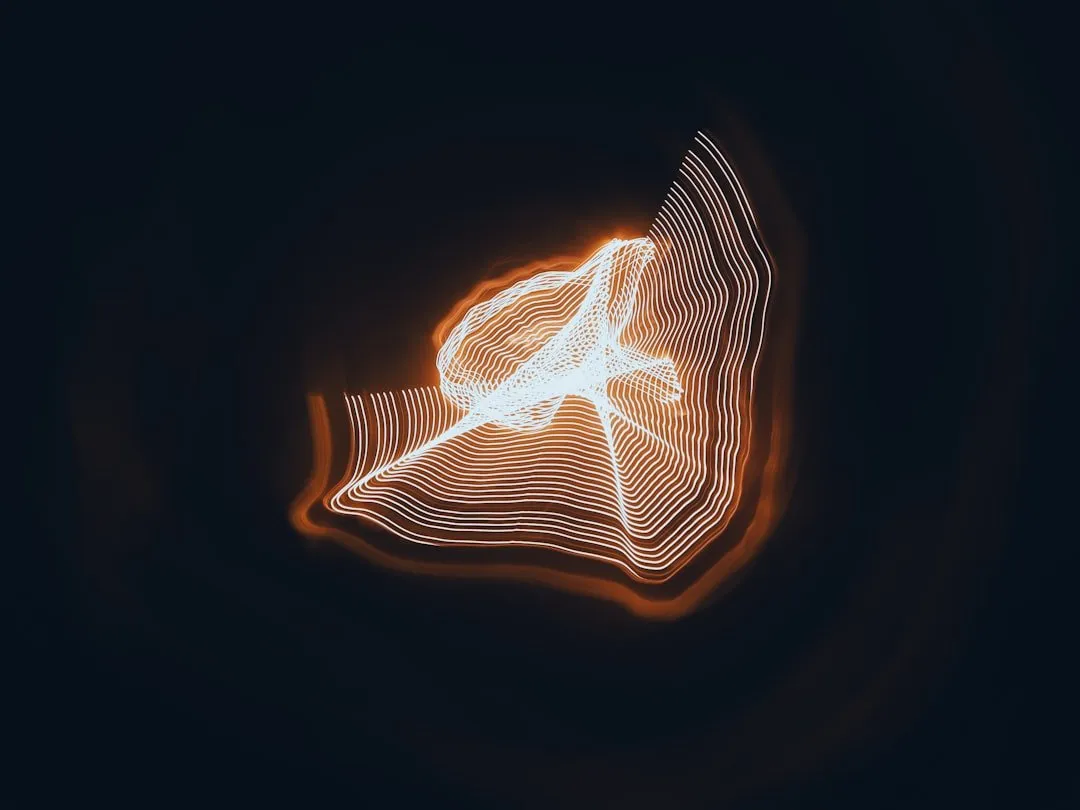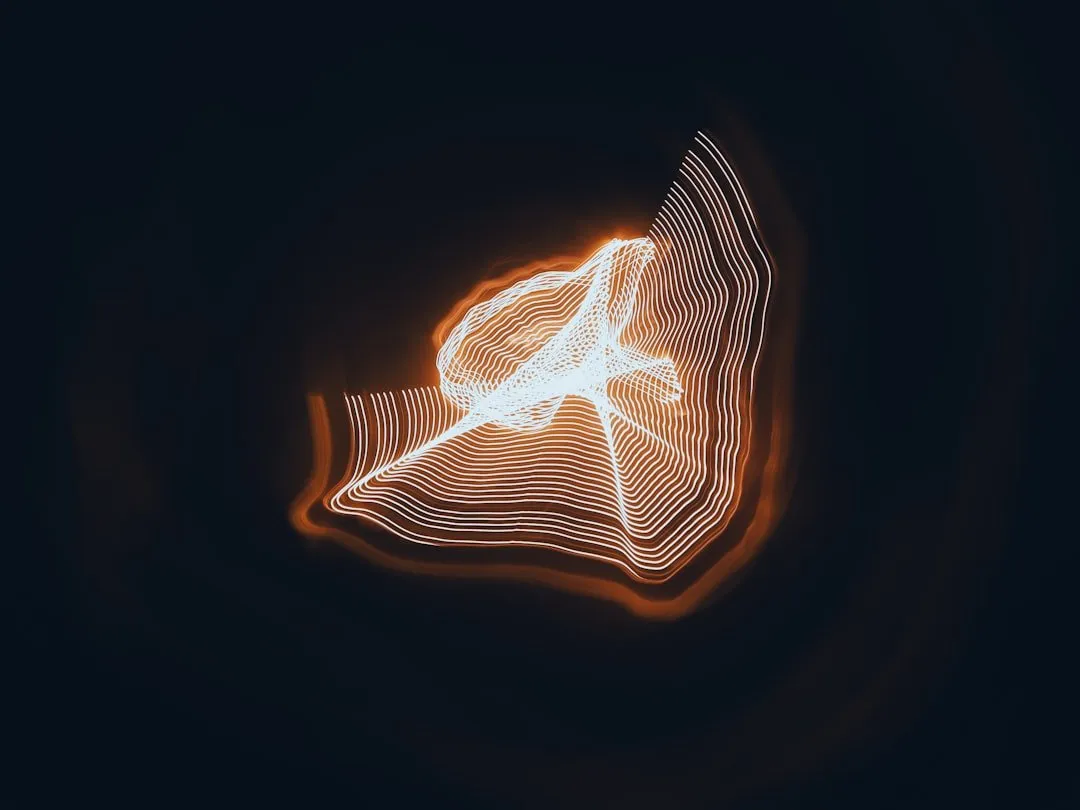Kratom may alleviate muscle soreness but its stimulatory effects can lead to increased restlessness and potential insomnia in some users. Mindful consumption and consulting healthcare professionals are crucial for balancing kratom's benefits with sleep health, especially for those managing chronic pain. Kratom promotes relaxation without drowsiness, aiding deeper rest, which is beneficial for physical discomfort-related sleep issues.
“Discover the surprising benefits of kratom in alleviating muscle soreness. This natural herb has gained attention for its potential to provide relief from post-workout aches and pains. While many turn to it for sleep aid, exploring kratom’s impact on muscle recovery is a relatively new area of interest.
We’ll delve into how kratom interacts with the body, specifically addressing its effects on both muscle soreness and insomnia. Uncover natural solutions for better sleep patterns and understand if kratom could be a game-changer for your post-exercise routine.”
- Exploring Kratom's Impact on Muscle Soreness
- Unraveling the Link Between Kratom and Insomnia
- Natural Relief: Kratom for Healthy Sleep Patterns
Exploring Kratom's Impact on Muscle Soreness

Kratom, a natural herb with a growing popularity in alternative medicine, has gained attention for its potential benefits in alleviating muscle soreness and pain. While it is commonly used for its relaxing and analgesic effects, there is a need to understand how kratom interacts with our bodies, especially regarding muscle recovery. Many users report reduced muscle stiffness and discomfort after consuming kratom, suggesting its effectiveness as a natural remedy.
However, it’s important to consider that the impact of kratom on sleep patterns could be a double-edged sword. While it may help insomniacs find relief, some individuals experience increased restlessness or even insomnia due to kratom’s stimulatory properties. This side effect is particularly relevant as proper rest and recovery are essential for muscle soreness management. Therefore, those interested in using kratom for this purpose should closely monitor their body’s response, especially regarding sleep quality, to ensure it aligns with their overall wellness goals.
Unraveling the Link Between Kratom and Insomnia

Kratom, a natural herb with pain-relieving properties, has gained popularity for its potential to ease muscle soreness. However, one lesser-discussed side effect is its impact on sleep patterns, particularly the potential link to insomnia. While many users find kratom helpful in managing chronic pain, some individuals have reported difficulty falling asleep or staying asleep after consumption.
Research suggests that kratom’s effects on the body’s opioid receptors may disrupt natural sleep cycles. These receptors play a crucial role in regulating rest and awakening, and their activation by kratom can lead to insomnia symptoms. Understanding this connection is essential for users who rely on kratom for pain management but experience disrupted sleep. Recognizing these potential side effects encourages individuals to use kratom mindfully and consult healthcare professionals for personalized guidance, ensuring they maintain healthy sleep habits alongside their alternative medicine regimen.
Natural Relief: Kratom for Healthy Sleep Patterns

Kratom, a natural herb derived from the Mitragyna speciosa plant, has gained recognition for its potential to offer relief from muscle soreness. Beyond its muscle-soothing properties, kratom also supports healthy sleep patterns, serving as a natural alternative to medications that may cause insomnia or other side effects. Many people struggle with poor sleep due to physical discomfort, and kratom’s ability to reduce inflammation and relax muscles can significantly improve slumber quality.
Unlike some synthetic substances, kratom does not typically cause insomnia when consumed responsibly. In fact, many users report feeling more rested and rejuvenated after a good night’s sleep, which is crucial for overall health and recovery. By promoting relaxation without inducing drowsiness during the day, kratom helps establish a healthier balance in sleep-wake cycles, allowing individuals to experience deeper and more restorative rest.
Kratom has shown promise as a natural remedy for muscle soreness, offering an alternative to conventional pain management methods. While further research is needed, especially regarding its interaction with sleep patterns and potential causes of insomnia, this herb’s ability to provide relief without side effects makes it a compelling option. By understanding the science behind kratom’s impact on both muscle recovery and sleep, individuals can make informed decisions about incorporating this natural remedy into their wellness routines.














